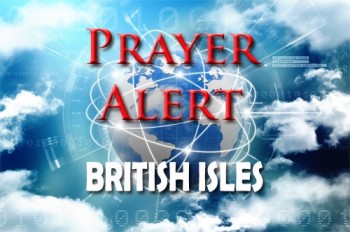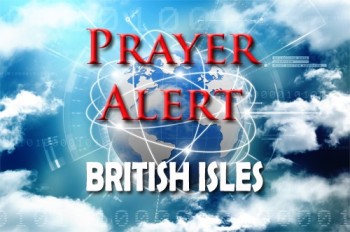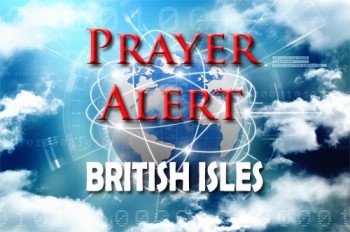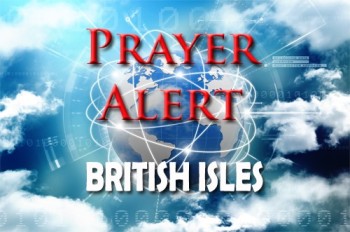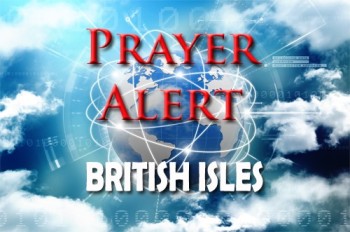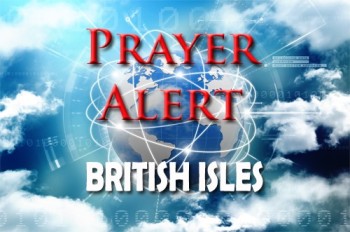Africa: China promises closer collaboration
Liu Yuxi, China’s special envoy for African affairs, says China and Africa are set to strengthen their partnership in response to global challenges, particularly hegemonism and Cold War-era attitudes. He has outlined plans for this week’s Forum on China-Africa Cooperation (FOCAC) summit, which will enhance collaboration in global governance, security, trade, and investment. There will be mutual benefits from this partnership, with Africa's natural resources and growing population complementing China's capital, technology, and development experience. African leaders have gathered in Beijing for the summit, hosted by Xi Jinping, at which China, Africa's largest trading partner, will focus on further cooperation. Liu rejected the idea of Africa being a battleground for major powers, urging the international community to consider Africa’s perspective and support its peace and development.
USA: former government aide accused of espionage
Linda Sun, a former senior aide to two New York governors, has been charged with acting as a secret agent for the Chinese government. She and her husband face multiple charges including visa fraud, alien smuggling, and money laundering. Both have pleaded not guilty and are out on bail. Sun allegedly used her political position to further Chinese interests, blocking Taiwanese representatives from meetings and altering official messaging to favour China, especially during the Covid pandemic. She ensured public praise for China’s ventilator shipments while blocking an effort by Taiwan to get a public acknowledgement for giving masks. Authorities claim she facilitated millions in business deals for her husband’s Chinese-connected company, which funded their luxurious lifestyle. China’s embassy dismissed the charges, pointing out that previous cases against alleged Chinese agents have collapsed. There are growing tensions between the two countries over espionage claims.
Man born blind now serving as a pastor
A remarkable story from God Reports shares the miraculous healing of Pastor John, who was born blind and later healed by Jesus. Raised in a devout Christian family, John’s parents never gave up on their prayers for his sight. At the age of eighteen, John experienced a divine encounter during a church service. As he was being prayed for, he suddenly felt warmth in his eyes and gradually began to see for the first time. This miraculous healing not only restored his vision but also strengthened his faith and commitment to Christ. He dedicated his life to serving others and sharing the Gospel. Today, he leads a congregation and uses his testimony to inspire and uplift those facing their own challenges. His journey from darkness to light is a testament to the power of faith and God’s miraculous work in our lives, showing that no situation is too hopeless for God to transform.
Love France’s inspirational children’s prayer guide
Love France has launched a new 7-day prayer guide specifically designed for children to pray for France. This innovative guide aims to engage young hearts during the Para-Games in praying for the country’s spiritual awakening and cultural renewal. Each day of the guide features a different theme, such as praying for government leaders, churches, schools, families, and the youth of France. It is packed with colourful illustrations, fun activities, and simple prayers to help children understand the importance of intercession and develop a heart for missions. 2BC, the creators of the guide, emphasise the importance of involving children in prayer early, teaching them to be compassionate and aware of the spiritual needs around the world. The guide encourages children to see themselves as vital parts of God's mission, capable of making a significant impact through their prayers. By equipping the next generation with these tools, Love France hopes to foster a deeper connection between young believers and God’s work in France.





